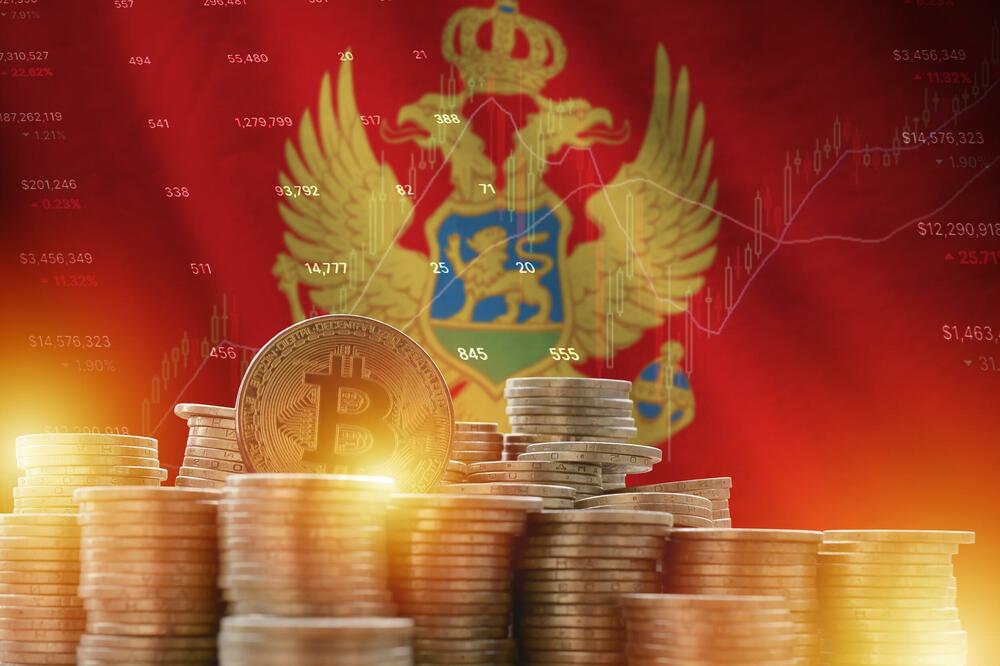Montenegro, a small Balkan country, has been making strides in the world of cryptocurrency.
The nation has shown a keen interest in digital currencies, particularly Bitcoin, and has been working towards creating a conducive environment for its growth and development.
The government recognizes the potential of Bitcoin and other cryptocurrencies and is keen on leveraging their benefits for the country's economic growth.
However, the adoption of Bitcoin and other cryptocurrencies in Montenegro is not without its challenges.
The country's financial infrastructure, laws, and regulations need to be adapted to accommodate this new form of currency.
This includes the establishment of a regulatory framework for cryptocurrency exchanges, the development of laws to protect investors, and the implementation of measures to prevent money laundering and other illicit activities.
Montenegro's Approach to Bitcoin Taxation
One of the key aspects of Montenegro's approach to Bitcoin is its stance on taxation.
The country has adopted a progressive approach towards the taxation of Bitcoin and other cryptocurrencies.
Unlike many other countries that struggle with how to tax digital currencies, Montenegro has taken steps to provide clear guidelines on this matter.
The Montenegrin tax authority has clarified that Bitcoin transactions are subject to Value Added Tax (VAT).
This means that any transaction involving the exchange of Bitcoin for goods or services is subject to VAT at the standard rate.
However, the sale or purchase of Bitcoin itself is considered a financial transaction and is therefore exempt from VAT.
Income Tax and Cryptocurrency
When it comes to income tax, Montenegro has a flat rate of 9%.

This rate applies to all forms of income, including income derived from Bitcoin and other cryptocurrencies.
This means that any profits made from the sale or exchange of Bitcoin are subject to this flat tax rate.
However, it's important to note that this tax only applies if the individual is a tax resident of Montenegro.
Non-residents who derive income from Bitcoin and other cryptocurrencies are not subject to Montenegrin income tax unless the income is sourced in Montenegro.
Capital Gains Tax and Cryptocurrency
Capital gains tax is another important aspect of Montenegro's approach to Bitcoin taxation.
The country does not impose a capital gains tax on the sale or exchange of Bitcoin and other cryptocurrencies.
This means that individuals can potentially realize significant profits from their cryptocurrency investments without having to worry about capital gains tax.
However, this does not mean that individuals can avoid taxes altogether.
As mentioned earlier, any profits derived from the sale or exchange of Bitcoin are subject to income tax at the flat rate of 9%.
Reporting Cryptocurrency Transactions in Montenegro
Another key aspect of Montenegro's approach to Bitcoin is its stance on reporting.
The country has implemented measures to ensure transparency and accountability in cryptocurrency transactions.
This includes the requirement for individuals and businesses to report their Bitcoin transactions to the tax authority.
Individuals and businesses are required to keep records of their Bitcoin transactions for five years.
These records must include details of the transaction, such as the date, the amount, the parties involved, and the purpose of the transaction.
These records must be made available to the tax authority upon request.
Penalties for Non-Compliance
Montenegro takes non-compliance with its tax laws very seriously.
Individuals and businesses that fail to comply with the country's tax laws, including those related to Bitcoin and other cryptocurrencies, can face severe penalties.
These penalties can include fines, imprisonment, and the confiscation of assets.
It's therefore crucial for individuals and businesses to ensure that they comply with Montenegro's tax laws and regulations.
This includes keeping accurate records of their Bitcoin transactions, paying the appropriate taxes, and reporting their transactions to the tax authority.
To conclude, Montenegro's approach to Bitcoin and other cryptocurrencies is progressive and forward-thinking.
The country recognizes the potential of these digital currencies and is keen on leveraging their benefits for its economic growth.
However, it also understands the need for regulation and oversight to prevent illicit activities and protect investors.
The country's stance on taxation and reporting provides a clear framework for individuals and businesses to operate within.
While there are still challenges to overcome, Montenegro's approach to Bitcoin and other cryptocurrencies serves as a model for other countries to follow.
Bonus video:






